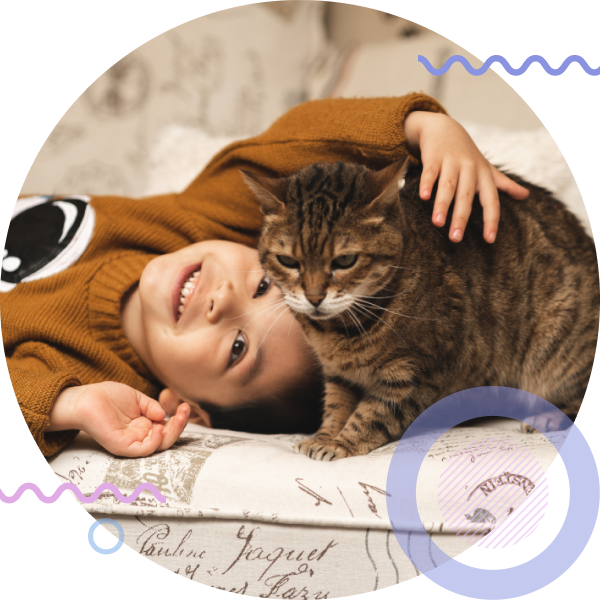Autism, Anxiety and Sleep
Research has found two main neurological differences that can affect sleep in autistic children. The lower release of melatonin (the sleepy hormone) and difficulties with circadian rhythm disorder (can appear to be in a different time zone) are more common in autistic people. Add anxiety into the mix and you can see why so many autistic children are struggling.
Anxiety affects around 8/10 autistic children even if the child is good at masking it. Sleep is hugely affected by anxiety as it makes it harder to switch off and fall asleep as well as often resurfacing during the night and waking the child up and being unable to get back to sleep.
Understanding and lowering the anxiety is key to helping achieve better sleep.
Anxiety built up during the day can also cause challenging behaviours and altered sleep patterns having a huge impact on the whole family. If anxiety is left to build, bedtime can be particularly difficult as it is at its highest level and without the right strategies in place is difficult to lower.


How I Differ From Other Sleep Coaches
Through my background as a specialist teacher in autism, I have a unique view on how sleep impacts a child’s day. Many of my pupils struggled with sleep to the extreme and I witnessed the affect it was having on the child and their families. I didn’t know how to help families and what to suggest even though they were often at breaking point.
We will work together and look at the day as a whole. Central to our work will be supporting you with implementing strategies that reduce anxiety levels and where necessary use specialised techniques to aid your child’s sleep, for example, to help adjust the child’s circadian rhythm.
You might find this video useful to watch!
Get in Touch to See How I Can Support Your Family
By submitting the form above you're confirming that you agree with our Terms and Conditions .



